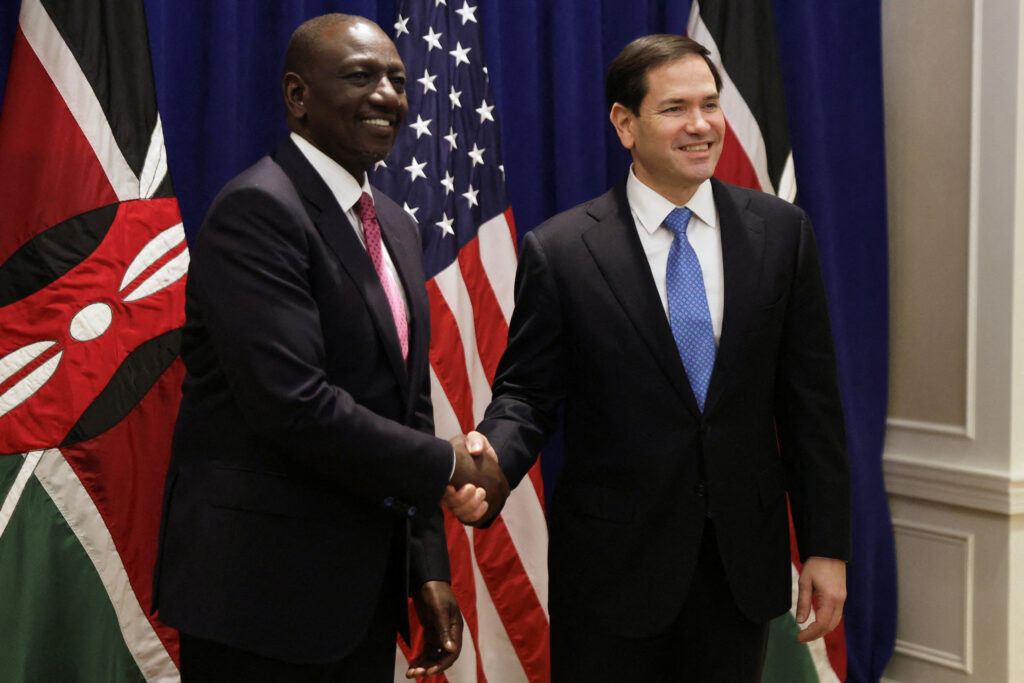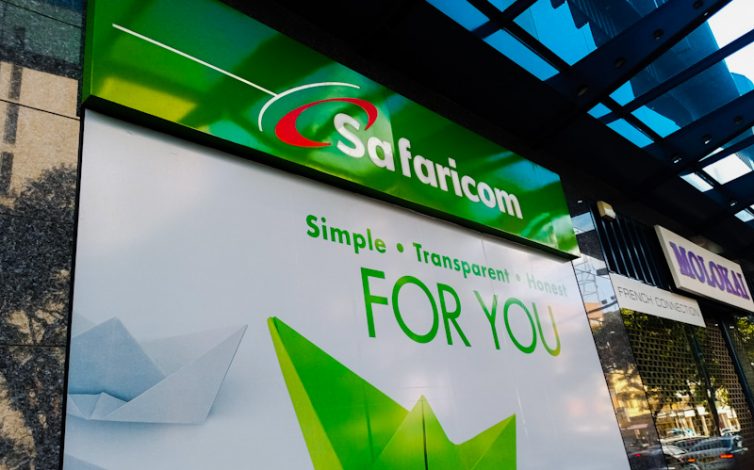
In Lagos, Nigeria, a warehouse is a gathering point for many women, including 68-year-old widow Damilola Salami, who find themselves in dire need of food assistance.
The Lagos Food Bank, a vital resource for locals like Salami, has witnessed a decline in supplies from both private donors and other sources amidst soaring inflation in Africa’s largest economy.
The country is facing its most severe cost of living crisis in decades, exacerbated by bold yet unpopular economic reforms introduced by President Bola Tinubu since taking office last May.
Salami, voicing the struggles of many, expressed, “There is nothing for us to eat, we are hungry.” She elaborated on the ripple effects, with children unable to attend school due to increased fees, compounding the challenge of food scarcity at home.
Mabel Wade, an 80-year-old charcoal seller, shared similar sentiments, highlighting the scarcity of sustenance and her prior reliance on neighbors before discovering the food bank.
Last month, tragedy struck when seven people lost their lives in a stampede at a food distribution center in Lagos, underscoring the severity of the crisis.
According to World Bank data, 46% of Nigeria’s population was classified as poor in 2023, with twenty million residing in urban areas.
Previously, the Lagos Food Bank warehouse was brimming with essential Nigerian staples, but now faces a stark contrast with major donors reducing supplies by 93%, citing escalating food costs.
Founder Michael Sunbola outlined the adjustments made, with provisions now lasting only a few days compared to the previous two weeks, and a narrowing down of recipients, now exclusively serving women over 50.
Similarly, No Hunger Initiatives in the capital, Abuja, catering mostly to internally displaced people, is grappling with a surge in demand amid a 50% reduction in supplies from donors due to inflationary pressures.
The plight of these food banks underscores the urgent need for sustainable solutions to address Nigeria’s deepening hunger crisis.




